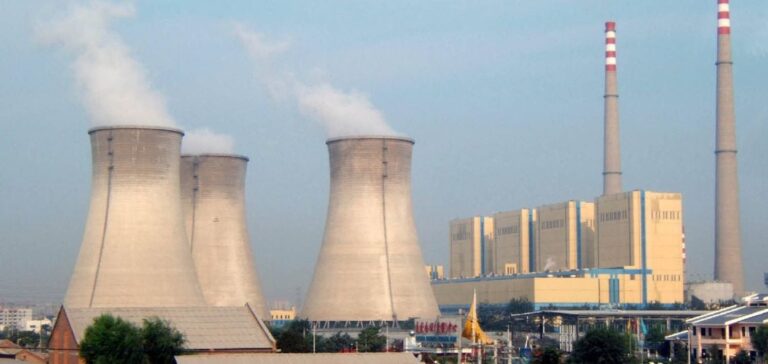China currently dominates the nuclear construction sector, with production costs well below those in France.
This competitiveness is the result of an industrial strategy based on economies of scale and easy access to capital through direct state intervention.
This combination enables Beijing to maintain a steady pace in the development of its nuclear fleet, while keeping expenditure under control.
Industrial optimization and cost reduction
The efficiency of the Chinese model is based primarily on the standardization of construction processes and large-scale industrialization.
Currently, 27 reactors are under construction in China, a number that enables substantial savings to be made on the purchase of materials and the repetition of construction methods.
This approach considerably reduces the cost per unit of installed power.
By comparison, France’s nuclear power program, particularly with the development of EPR reactors, suffers from a scarcity of projects, which limits the effects of scale.
As a result, construction costs are weighed down by non-standardized processes and a less optimized industrial organization.
The difference in strategy translates into a significant cost differential, with Chinese reactors costing around three times less than their European counterparts.
State financing and controlling the cost of capital
The other key factor in China’s competitiveness is its financing model.
In China, nuclear projects benefit from massive state support, which translates into a very low cost of capital.
Unlike Europe, where projects often have to convince private investors, who are exposed to political and regulatory risks, China offers a secure and stable financial framework.
This state support avoids the cost overruns associated with the high interest rates common in Europe, where financing remains a major obstacle.
In France, nuclear projects face a more uncertain financial environment.
State involvement, while present, does not reach the level of support seen in China, which adds to final costs.
The financing of the Hinkley Point plant in the UK, for example, has shown that the absence of a strong government commitment can lead to significant cost overruns, affecting the competitiveness of European nuclear projects.
Implications for the international market
China is not content to simply develop its domestic nuclear fleet at lower cost; it also aims to establish itself on the international market.
The Hualong-1 reactor, already exported to countries such as Pakistan and Argentina, illustrates this strategy.
Although penetration of the European market remains limited, the competitiveness of Chinese reactors could attract the interest of certain Eastern European countries, which are looking for alternatives to Rosatom’s Russian monopoly.
The inclusion of nuclear power in the green taxonomy by the European Parliament in 2022 is intended to attract more capital and reduce the cost of capital in Europe.
However, without far-reaching industrial reorganization and a more sustained financial commitment from governments, European projects are likely to continue to cost significantly more than Chinese reactors.
The evolution of competitiveness in the nuclear sector will largely depend on the ability of European countries to adapt their industrial and financial strategies.
The Chinese model, combining massive industrialization and state support, could well redefine global market standards.






















